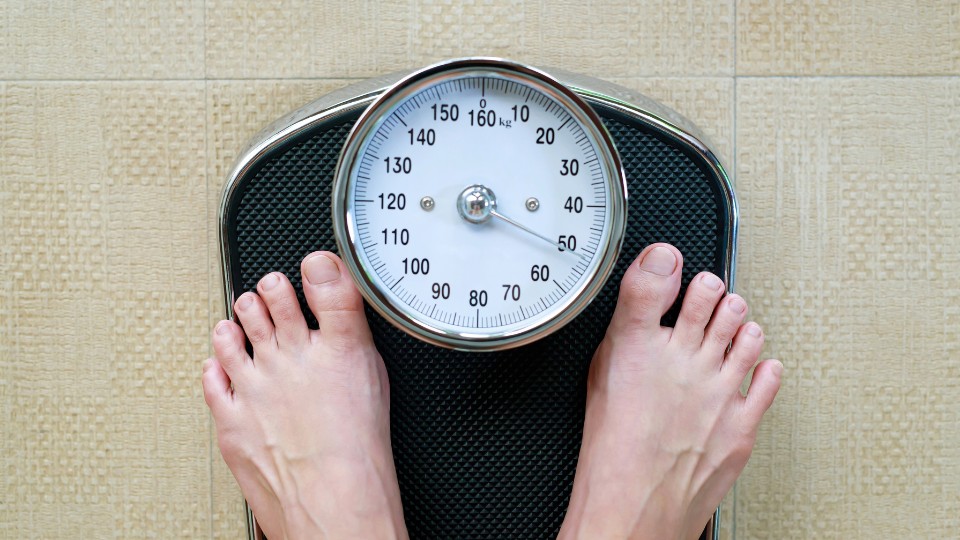
In our fast-paced society, we are constantly pushed for higher performance and efficiency. The primary outcome of such demands is an incessant rush and daily stress. But did you know that chronic stress has negative effects on our health, particularly in regards to weight gain?
What is Stress and How Can We Recognize it?
In simple terms, stress is the response to both physical factors (trauma, cold, burns, etc.) and psychological or social factors.
It's important to note that everyone reacts to stress differently, but here are the most common symptoms:
- Increased heart rate
- Elevated blood pressure
- Rapid breathing
- Release of hormones: ACTH, cortisol, adrenaline, oxytocin, vasopressin
- Fatigue and muscle tension, particularly between the shoulder blades
- Hypersensitivity to noise, smells, contact, emotional irritability, anxiety
- Excessive sweating
The Impact of Stress on Weight: The Role of Cortisol
There are two main explanations for weight gain due to stress:
Firstly, the hormone cortisol is secreted in response to stress and remains elevated in the case of long-term stress. Cortisol alters the storage of sugar, water, and reduces muscle mass. It promotes fat storage in the abdominal area, increases our appetite, and guides our food choices towards fattier and sweeter products.
Secondly, when faced with negative emotions, we often compensate with food. This may involve eating to distract ourselves or turning to comfort food linked to childhood memories or positive emotions.
Tips and Tricks to Control and Reduce Stress
- Heart coherence: Achieved through slow, deep, and regular breathing of six cycles per minute, heart coherence synchronizes heart rate and respiration.
- Meditation: Used in a therapeutic setting to treat recurring depression or the effects of stress. It helps free oneself from devaluing thoughts or ruminations that damage morale.
- Physical activity: It enables us to have a weaker response to stressful situations and secrete less adrenaline.
- Magnesium: It reduces stress by preventing the rise of cortisol. Foods rich in magnesium include 80% cocoa chocolate, flax seeds, Brazil nuts, and almonds.
- Tyrosine and Phenylalanine: These optimize the production of dopamine and noradrenaline, precursors to adrenaline, which helps us manage stress. Foods rich in tyrosine and Phenylalanine include meat, dairy products, oat flakes, and wheat germ.
- Glutamic acid: Used to produce the neurotransmitter GABA, which promotes relaxation and calm. Foods rich in glutamic acid include cod, parmesan, milk, soy, cheese, and veal.
- Tryptophan: It helps synthesize serotonin, which plays a role in mood regulation and allows us to better cope with stress. Foods rich in Tryptophan include cod, salami, parmesan, parsley, pumpkin seeds, soy, milk, and cheese.
One More Step Toward a Less Stressful Life
In conclusion, it's crucial to understand that chronic stress can have a significant impact on both our weight and overall well-being. Thankfully, as we've discussed, there are various strategies and techniques available to mitigate the effects of stress on our health. If you find yourself struggling to manage stress and its impact on your weight, consulting with a registered dietitian could be the next logical step for you. They can help you develop a personalized plan tailored to your needs, offer lifestyle advice, and guide you in managing your stress. So why wait? Book an appointment with a registered dietitian today and take the first step toward a healthier, more balanced life.
References:
Influence of stress on your plate





